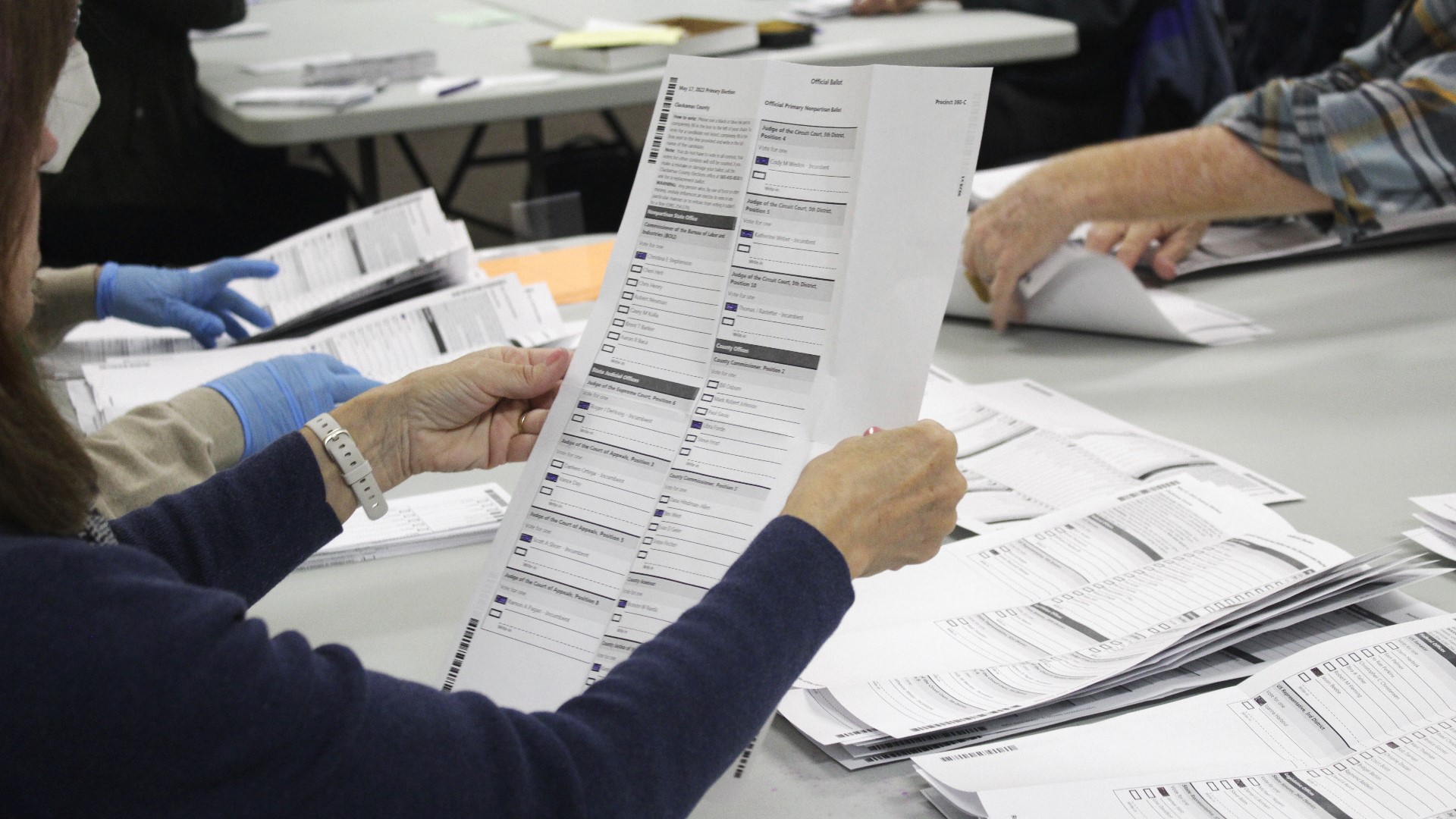SALEM, Ore. — Oregon had five statewide measures on the ballot for the 2024 election, and initial results from election night were an even split with Measures 115 and 119 on track to pass and Measures 117 and 118 projected to fail, according to The Oregonian. The last one, Measure 115, was too close to call until Thursday, when The Oregonian projected it was also headed for failure.
The results below are not final and will be updated as more ballots are counted in the coming days. Ballots in Oregon can still be counted if they arrive up to a week after Election Day as long as they are postmarked on or before Election Day.
MEASURE 115: IMPEACHMENT OF STATE ELECTED OFFICIALS
This measure would amend the Oregon Constitution to give the State House of Representatives the power to impeach the Governor, Secretary of State, State Treasurer, Attorney General or Commissioner of Bureau of Labor and Industries (BOLI).
Oregon is currently the only state where the legislature can't impeach statewide officials, although they can still be removed from office through recall votes. Impeachment would require a two-thirds vote in the House and conviction would require a two-thirds vote in the Senate.
Measure 115 is projected to pass based on initial results on election night, according to The Oregonian.
MEASURE 116: SALARIES FOR ELECTED OFFICIALS
This measure would establish an "Independent Public Service Compensation Commission" to set salaries for most elected officials in the state government, removing that power from the legislature. Salaries for all state government elected officials, including state legislatures, are currently set by statute and can only be changed by legislation.
Measure 116 is projected to fail based on results released through Thursday afternoon, according to The Oregonian.
MEASURE 117: STATEWIDE RANKED-CHOICE VOTING
This measure would switch Oregon to a ranked-choice voting system for most of its statewide elections including President, U.S. Senator, U.S. Representative, Governor, Secretary of State, Treasurer, Attorney General and BOLI Commissioner, allowing voters to rank the candidates in those races in order of preference.
It would also apply during primary elections, requiring each political party to use the process to elect its nominee for each office (the primary election would be eliminated for the nonpartisan BOLI Commissioner position). Local governments would be able to choose whether to switch to ranked-choice voting for their own local elections. The measure would not apply to state legislative races.
Measure 117 is projected to fail based on initial results on election night, according to The Oregonian.
MEASURE 118: CORPORATE TAX REVENUE REBATE
This measure would add a 3% gross receipts tax on corporations with sales exceeding $25 million, with the revenue being distributed to Oregon taxpayers through rebates, likely around $1,600 per person per year.
The measure is notable for drawing opposition from an exceptionally wide cross-section of the political spectrum, with the Democratic and Republican caucuses in the Oregon Legislature both speaking out against it and arguing that it would lead to higher consumer prices and potential job losses.
Measure 118 is projected to fail based on early results on election night, according to The Oregonian.
MEASURE 119: CANNABIS INDUSTRY LABOR RELATIONS
This measure would require cannabis retailers and processors to remain neutral when their employees are contacted by labor organizations, enforced by a requirement that each cannabis company reach a "labor peace agreement" with a labor organization as a condition of maintaining their state license.
The measure's backers argue that because cannabis is still illegal at the federal level, cannabis companies have been able to skirt existing laws that protect the rights of employees to unionize.
Measure 119 is projected to pass based on initial results on election night, according to The Oregonian.

